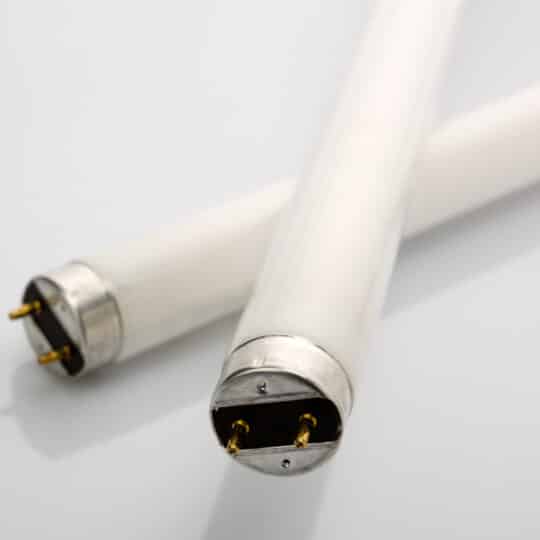Hazardous Waste Material
Don’t Put These in The Trash

When it comes to waste disposal, it’s crucial to understand that certain items are considered hazardous waste material and should never be thrown in with regular trash. These substances pose risks to human health, contaminate the environment, and can have long-lasting effects. Read on to learn common hazardous waste materials that require special handling and careful disposal.
Hazardous Waste Material: Don’t Put These in The Trash
- Chemicals and Solvents: Chemicals like paint thinners, pesticides, cleaning agents, and solvents contain toxic components that can contaminate soil and water supplies. Improper disposal can lead to environmental damage and potential health hazards.
- Batteries: Batteries, including alkaline, rechargeable, and button cell batteries, contain heavy metals such as mercury, cadmium, and lead. These toxic materials can seep into the soil and groundwater, causing serious environmental harm and endangering wildlife.
- Electronic Waste: E-waste, such as old computers, televisions, and mobile phones, contains hazardous substances like lead, mercury, and brominated flame retardants. Disposing of e-waste improperly not only risks environmental contamination but also wastes valuable resources that can be recycled.
- Fluorescent Bulbs: Fluorescent bulbs and compact fluorescent lamps (CFLs) contain small amounts of mercury vapor. If broken or improperly disposed of, they release mercury into the air, posing health risks. Responsible disposal is essential to prevent mercury pollution.
What to Do Instead
At JDog Junk Removal & Hauling, we’ve hauled it all and know about the importance of responsible waste disposal. When you call us, we will help you figure out how to properly get rid of those dangerous items around your home—including pointing you in the direction of other options around your community. For example, one option is to seek out designated hazardous waste collection centers or events in your area, where you can safely drop off these materials. Another option is to contact your local waste management or recycling facilities to inquire about specific disposal procedures for hazardous waste. Additionally, some communities offer programs for recycling or reusing certain types of hazardous waste, such as batteries or electronics.